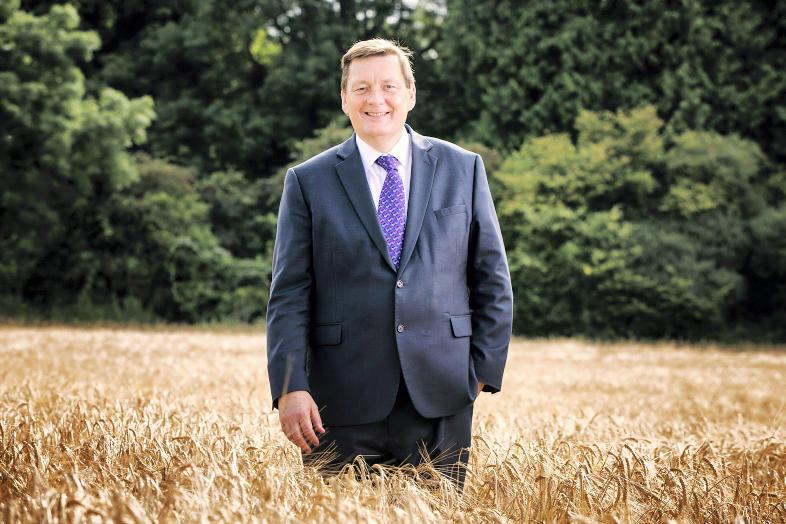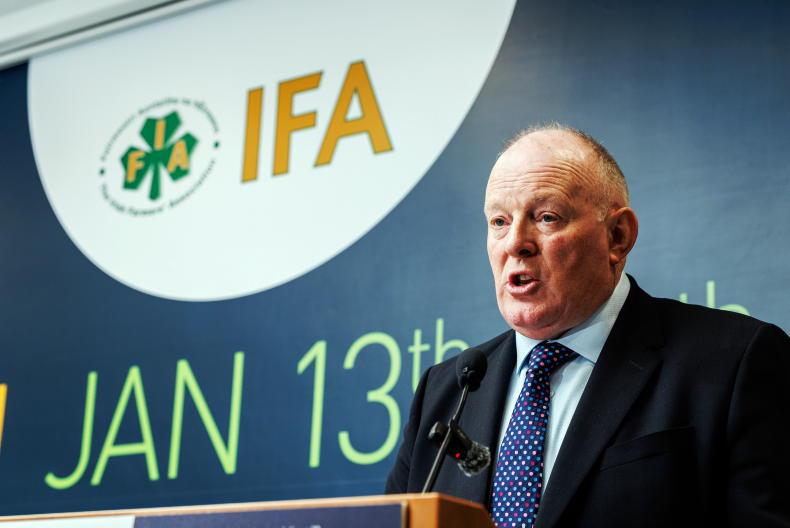What does the Northern Ireland Food and Drink Association do?
Northern Ireland’s Food and Drink Association (NIFDA) was established in 1996 as a trade body to support the growth of Northern Ireland’s agri-food industry. Effectively, we’re an umbrella body that represents 80% of the agri-food industry in NI. We were set up one year after Bord Bia was established in Ireland.
How big is the agri-food sector in Northern Ireland?
The agri-food industry is far and away the largest industrial sector in NI. It has an annual turnover of £5bn (€5.7bn), which has doubled since 2008. Between all of its different sub-sectors (farming, processing retailing, cold stores, lab services), NI’s agri-food sector employs well over 100,000 people, which is 25% of all private sector jobs in NI.
The largest sectors are red meat, poultry, dairy and pork, while smaller sections of the industry include bakery, drinks manufacturing and fresh produce.
What are the biggest issues facing NI’s agri-food sector?
Over the last three years, our principal issue has been Brexit. Every one of our members opposed Brexit and we lobbied against it as an organisation.
This is very unusual, as we usually don’t get involved in politics, but our members could only see downsides to it. But we’re now resigned to Brexit. We’re relieved to see that trade will continue between NI and the Republic of Ireland (ROI) under the withdrawal agreement signed late last year. In effect, NI will remain in the EU.
How could Brexit affect the sector?
Every year, NI’s agri-food industry exports £900m worth of goods to ROI, while £800m worth of goods are exported from ROI back into NI. That’s a huge volume of trade back and forth between both jurisdictions. However, we’re now very concerned about trade between NI and Great Britain.
Could there be checks between NI and GB trade?
We’ve been assured by Westminister that there will be relatively frictionless trade on goods shipped from NI to GB, although we’re yet to see what that means. However, goods being shipped from GB to NI are a different story, because NI is effectively an EU border.
This means it will be up to the EU to see how onerous the checks will be on goods moving from GB into NI. We want frictionless trade, but not at the cost of food standards or integrity. We do not want circumstances where criminal activity can take place in the food sector.
For example, products that do not meet the standards or rules of the EU single market could be brought into GB, shipped over to NI and then down to ROI and the EU. So maintaining that integrity is very important.
What impact would GB-NI checks have on the NI agri-food sector?
This is a big challenge for the agri-food industry here and it’s complex. We’re very concerned with Brexit compliance, particularly with products moving across several borders. Many food companies in NI bring in their raw materials or ingredients from GB. These ingredients are then processed in NI and shipped back to GB.










SHARING OPTIONS